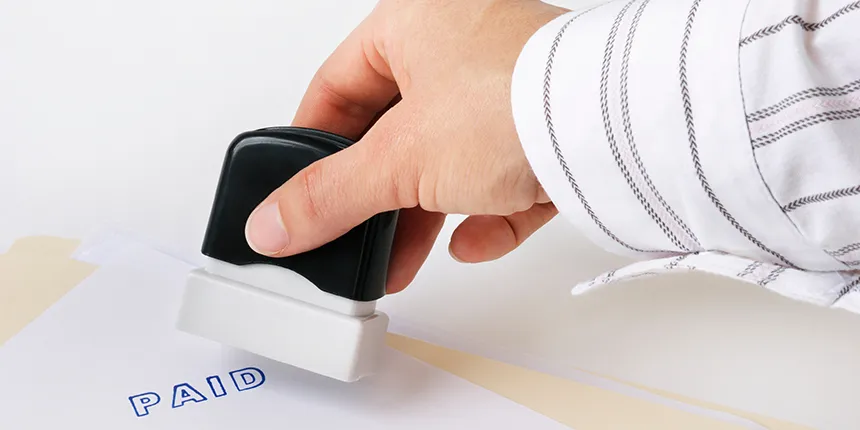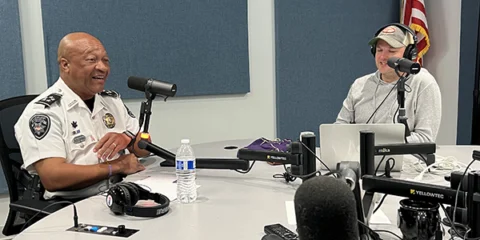
In the state of Georgia, whether you can post bail before turning yourself in on a warrant depends on the type of warrant that has been issued. If it is an arrest warrant, then bail is typically available prior to being arrested and taken into custody. If it is a bench warrant (issued for failing to appear in court as ordered), then generally bail must be posted after you turn yourself in at the jail or courthouse. However, there are exceptions and these vary by jurisdiction. In some cases, a judge may give permission to post bond before turning yourself in.
The most efficient way to post bail is through a bail bondsman, who will act as a surety for you and guarantee that you will appear for your court date and follow all of the conditions of your release. A fee is usually charged for this service and collateral may be required. The bondsman will work with you to ensure that the bond is posted quickly and efficiently.
What is the benefit of posting bond before surrendering?
Posting bond before turning yourself in will not only speed up the process but may save you money.
- Once the bond has been posted, the person with the warrant will be able to turn themselves in without having to pay their full bail amount up front. The bond agency guarantees the payment.
- A person may be held until all paperwork and processing is completed, while immediately posting bond can avoid any unnecessary additional costs or delays.
Each county in Georgia has different policies and procedures related to how much money can be posted for a bond and what forms of payment are accepted. It is best practice for those looking to post bond for someone else (i.e., family members) to check with local authorities first so that they understand all terms and requirements pertaining to their particular situation. An experienced bond agency or reputable attorney can also help answer these questions.













